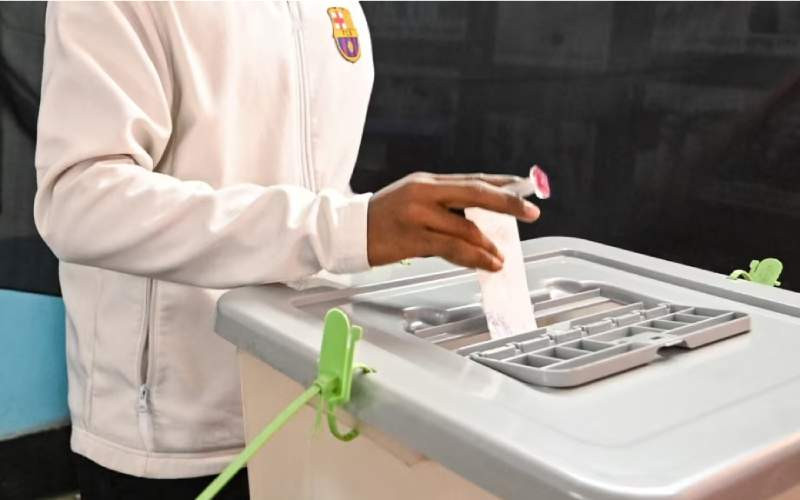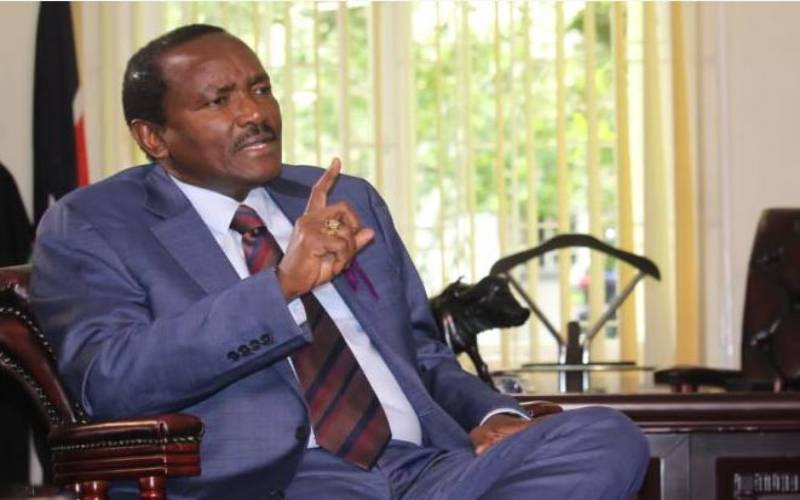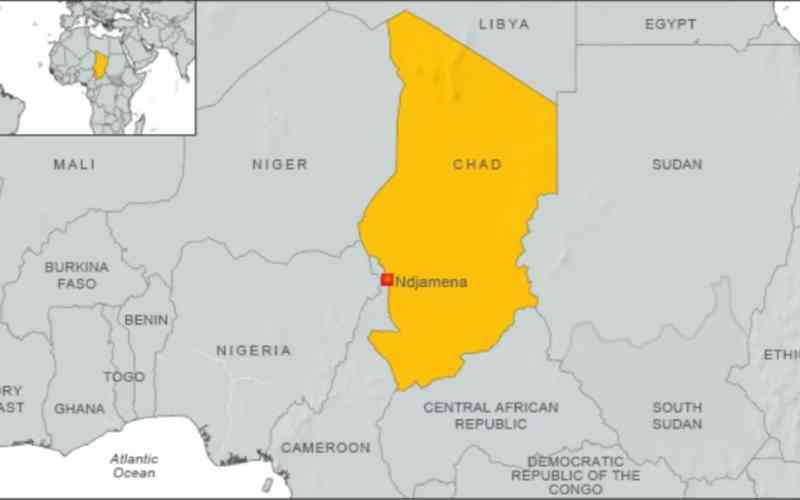By Ken Nyaundi
Will the much anticipated voter registration commence next month as expected? With the mystery surrounding the delivery of Biometric Voter Registration (BVR) kits yet to be solved, nobody can say for sure when the registration will start.
Promises of mid November commencement appear directed at quelling public anxiety. Even if voter registration were to start in mid November, there are a number of essential steps that must be undertaken to keep with the March 4, 2013 election date.
An evaluation of the timelines and activities basic to delivery of an election manifests perilously close and almost back-to-back events, clearly indicating the near impossibility of keeping with March 4.
Consider this: Parliament, in a recent amendment, reduced the period within which the Independent Electoral and Boundaries Commission (IEBC) may register voters before a general election from 90 days to 60 days.
In substance, the IEBC must keep the registration process open until 60 days before the General Election.
Assuming the election date remains March 4, 2013, the registration must be open until January 4, 2013. This amendment has serious negative consequences and renders an already bad situation manifestly grave. Were the IEBC to conclude registration earlier, any citizen may petition the courts for a re-opening of the process.
Trying to establish a new voter register containing possibly 20 million voters till 60 days before a general election poses a massive operational difficulty.
In ordinary circumstances, three key processes follow field the BVR data collection.
First, is the gathering of the Biometric data and computer matching of the unique identities of the voters. Second, is voter inspection of the register and, third, is the certification of the register by the IEBC.
After a Biometric registration, the distinctive features of each voter are documented and matched against all other records to clean the data, eliminating possibilities of double registrations.
This technique, depending on the capacity of the data base application employed, is not inflexible. It is time specific.
The procedure of pulling in the data from the different registration points and undertaking matching would last at least 30 days for 20 million voters.
Unless matching of the identities is done, the database will be inaccurate and incomplete and the value of the BVR system will be rendered redundant.
There is no doubt that BVR offers maximum technological solutions to human failings. It improves voter identification and eliminates double registration.
Stay informed. Subscribe to our newsletter
But that is where the utility of the system ends. BVR has no defence against intentionally committed fraud. On that score, it stands on the same platform as the optical mark reader system.
Now that it has been heralded as the cure for our election related problems, we must make it deliver on its most potent utility; the elimination of double registration.
Upon completion of the matching exercise, the register must be made available for inspection. Under section 6 (2) of the Elections Act, the IEBC is under obligation to keep the principal register open and available for inspection for a period of at least 30 days.
A long inspection of the register is imperative especially after a fresh, countrywide voter registration.
After inspection, IEBC is required by law to undertake corrections and compile the amendments to the register 30 days before an election.
Then IEBC must publish a notice in the Gazette declaring that such a compilation had been completed. Basic algebra indicates that a period of 60 days is not enough to get the register ready.
A host of pre-election processes presume the completion of the registration activity and existence of a register. Nominations to run for elective office either by political parties or as independent candidates depend on the register.
For the IEBC to accept your nomination, you must show that you are a registered voter. In other words, nominations for the General Election will not begin until the registration process is complete. If not, which register will the IEBC use to conduct nominations?
We cannot use the referendum register for nominations and use the BVR register for elections.
At any rate during the referendum, thousands of people registered in constituencies where they do not ordinarily vote with the understanding that there would be a fresh registration for the General Election.
At another level, it must be foreseen that there will be serious disputes arising from party nominations.
Under the Constitution, the IEBC is charged with the duty of settling these disputes. If the recent by-election nominations are a precedent, then IEBC shall be faced with a barrage of disputes too many to handle and too serious to ignore. Has IEBC put in place a system to deal with this eventuality?
How should this dispute machinery work? Would a candidate who has not obtained a favourable result resort to court adjudication? These are not idle concerns.
With our politics becoming increasingly regional, the temptation to stretch nomination wrangles is all the more attractive because in many counties and constituencies, the nomination exercise shall be as good as the General Election itself.
For the areas where there will be disputes, the IEBC will not commence printing of ballot papers until determination of those disputes.
With all these unresolved issues, there is need to seriously and objectively consider whether March 4 is still a realistic date for the next General Election.
The writer is an Advocate of High Court and a former commissioner of IIEC
 The Standard Group Plc is a
multi-media organization with investments in media platforms spanning newspaper
print operations, television, radio broadcasting, digital and online services. The
Standard Group is recognized as a leading multi-media house in Kenya with a key
influence in matters of national and international interest.
The Standard Group Plc is a
multi-media organization with investments in media platforms spanning newspaper
print operations, television, radio broadcasting, digital and online services. The
Standard Group is recognized as a leading multi-media house in Kenya with a key
influence in matters of national and international interest.
 The Standard Group Plc is a
multi-media organization with investments in media platforms spanning newspaper
print operations, television, radio broadcasting, digital and online services. The
Standard Group is recognized as a leading multi-media house in Kenya with a key
influence in matters of national and international interest.
The Standard Group Plc is a
multi-media organization with investments in media platforms spanning newspaper
print operations, television, radio broadcasting, digital and online services. The
Standard Group is recognized as a leading multi-media house in Kenya with a key
influence in matters of national and international interest.







